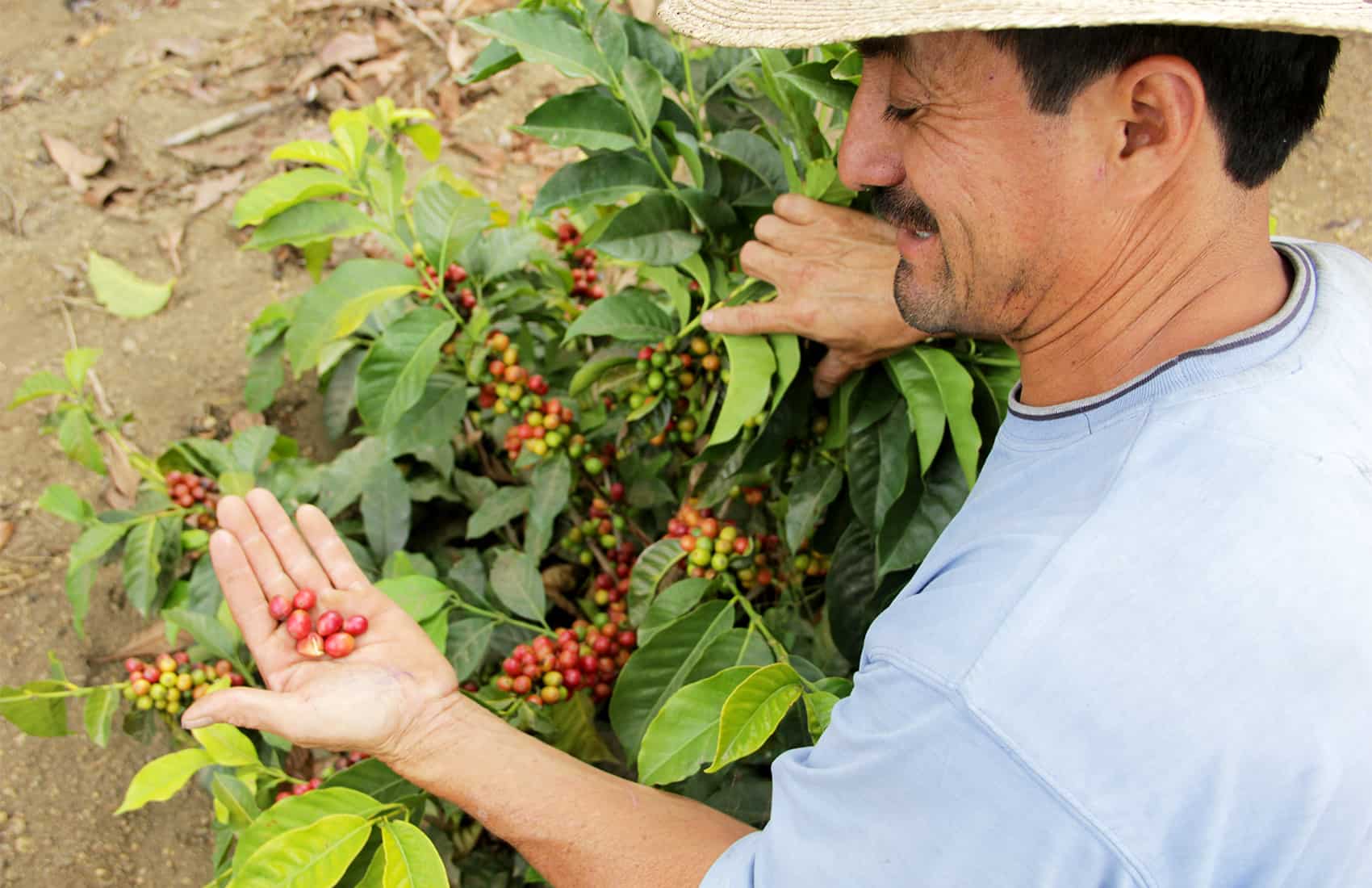The Ministry of Environment and Energy (MINAE) has announced that it is formulating a National Biogas Strategy. The use of residues from pineapple and coffee production would be key for the production of biogas, contributing to the transformation of the country’s energy matrix.
MINAE revealed that the Inter-American Institute for Cooperation on Agriculture (IICA), along with several other organizations, is collaborating in designing the strategy. The plan aims to pave the way for the development, use, and transportation of clean energy and fuels from biogas, obtained especially from wastewater treatment, everyday solid waste treatment, and agricultural and agroindustrial waste.
For Costa Rica, the development of the initiative represents progress in its National Decarbonization Plan, which seeks to achieve the lowest possible level of emissions consistent with the global climate goal by 2050. Vice President Stephan Brunner stated that the use of biofuels represents an opportunity for the country to join the production of clean energy in order to meet its commitment to reduce its carbon footprint.
“Costa Rica has the technological capacity to produce biofuels. The alliance between the private sector and the government, with the support of an institution such as IICA, gives us the opportunity to start on the road to decarbonizing our heavy transportation and the possibility of exporting this type of green energy to other countries,” he said.
The technical support that IICA will provide for the formulation of the strategy will be aimed at ensuring that biogas production will mitigate the effects of climate change, generate opportunities for the development of this type of energy in the agricultural sector, and create access to economic development opportunities through the use of bioenergy.
Manuel Otero, Director General of IICA, emphasized that biodigestion technology is characterized by its great flexibility in treating different types of feedstock. “Biodigesters provide access to energy products for small farmers and allow large agro-industrial companies to produce biogas at scale. This technology has also become an efficient way to dispose of organic waste,” he added.






